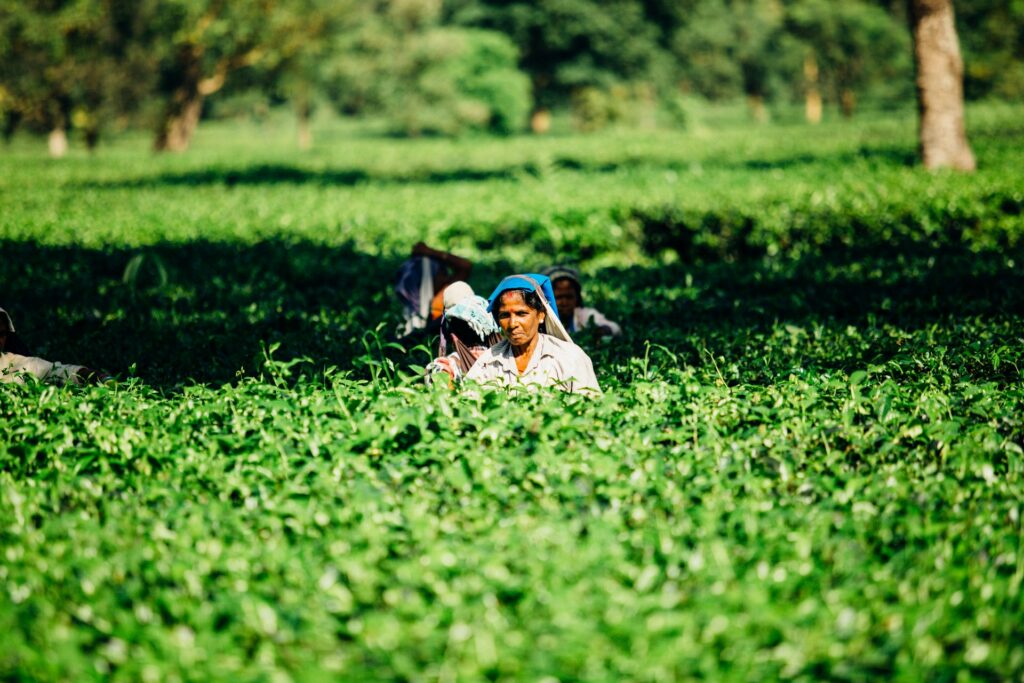Business as Unusual for Event Venues

By Simon Lomas, COO at Shenzhen World
As venues have re-opened, we have had to implement many changes to maintain safe environments for our visitors and staff. But to deliver successful business and leisure events into the future, venues must consider guests’ overall experience and how the impact of the COVID-19 pandemic has led to a re-evaluation of the visitor journey. What further transformations to our infrastructure, mechanisms and organisations, and what support for our suppliers and staff should all be considered to remain competitive and for us to deliver world-class services.
Current challenges
Re-opening venues has resulted in many critical additional protocols that ensure the safety of visitors and staff. In China, for example, these include:
- Verifying that all staff have received both doses of their COVID-19 vaccination.
- Recording staff health, travel and public security check-in codes for every event.
- Checking contractors’ health, travel and public security check-in codes.
- Checking visitors’ health, travel and public security check-in codes.
- Checking negative test results of visitors from medium and high-risk areas.
- Some high-profile events need to ensure that visitors have had a negative COVID-19 test taken in the previous 48 hours.
- Bag checks
- Temperature checks
- Body checks
- Registration, badge collection and entry scanning.
All these steps add another chance to frustrate the visitor arrival experience. Furthermore, these are time-consuming and create problems in the venue’s ability to maintain social distancing protocols.

For every event, venues have had to balance the security risk against the visitor experience, and this security risk is constantly changing. Placing handbags, backpacks, mobile phones, keys etc. through an X-Ray machine, then walking through metal detectors often followed by additional pat-down by a security officer is relatively commonplace. But now, we must perform COVID-19 related checks alongside our other inspections, including health codes, travel codes, vaccination codes and venue check-in codes. Whilst traditional security checks are necessary, venues need to look at better technologies that simplify and speed up this process.
Where venues can transform their infrastructure
Systems allowing for visitor scanning that can be completed in enough detail to eliminate the bag check component are currently available. There is no need to hand over your bags and personal items. Utilising AI technology, these systems can detect and differentiate between harmless everyday items (mobile phones and keys) and articles of interest such as knives etc. Only visitors carrying potentially dangerous items will be selected for secondary checks. Interactions between guards and visitors are significantly reduced, and the need to unnecessarily touch items belonging to a visitor is minimised. These systems can screen visitors ten times faster than traditional methods, reducing queueing times to enter the venue and keeping venues and patrons safe whilst improving the overall visitor experience.
We have all learnt that one way to prevent cross-contamination of viruses is to reduce the number of times we must touch surfaces. So, in this era of touchless interactions, what else should venues consider?
In toilets and bathrooms, automatic sensor style taps, soap, and sanitiser dispensers are standard solutions, but how often do we need to touch a door handle to exit? Reconfiguring doors that can open automatically or screens that enable the door to remain open during operating hours are relatively simple solutions to a common problem.
Facial recognition has been used for a few years and was initially introduced to eliminate ticket scalping and prevent attendees from passing on their entry tickets to co-workers. But now we have another reason to consider facial recognition: to continue our move to a touchless environment for our events. Whilst facial recognition is related to registration and ticketing and therefore usually undertaken by organisers, venue operators need to ensure that they have the network in place required to connect the Facial Recognition software across the event and can support the system’s demands. Fast, efficient networks that connect across the venue combined with hi-capacity 5G or Wi-Fi is essential to drive this technology.
Eliminating cash transactions in shops and food & beverage outlets is relatively common these days. WeChat Pay, Alipay, Apple Pay, tap-and-go are all well-established payment systems. Let’s make sure that our service providers and ourselves are using them in our venues.
Air quality has become a critical concern since the pandemic. It is the venue’s responsibility to ensure air-conditioning systems are regularly inspected, maintained, and cleaned. Improving ventilation can be achieved by opening external doors and windows. Still, as venue operators, we should also consider offering outdoor spaces to organisers as part of their event footprint that will connect meeting rooms or exhibition spaces or networking and other social activities.
Transformation and building the future-ready workforce

The business events industry, particularly the exhibition industry, has traditionally determined its success by the m2 of exhibition space sold. As an industry, we must look at new methods to measure the success of our events. The pandemic has only confirmed what we always suspected, that despite our ability to offer virtual solutions, our customers still yearn for face-to-face experiences and the pleasure of being in the same physical space with one another.
As venues, our business is to help clients connect, create communities, collaborate, and educate their delegates, whether on an exhibition floor, across the table at a banquet or in a seminar. This ability to learn, connect and be invigorated will always be a critical component of events. Business events historically built around live elements will now have to adjust their content and communication processes. Moving forward, these will now have to be provided both in the real world and virtually, in other words, hybrid.
For the past 18 months, associations have been evaluating the success or otherwise of virtual and hybrid events, particularly ways to maintain engagement and pricing models. What is clear is that staff with additional skill sets are needed to deliver these new models at every step of the event process, which was highlighted recently by Mathias Schultze, Managing Director at the German Convention Bureau. So, what are these new skill sets, and where are they required?
- Organisers will need Community Leaders skilled at delivering systems and processes that combine both the online and in-venue worlds. They can create a community, one that exists both pre, during and after the actual event.
- Venues will need Ecosystem Managers who are in touch with local vendors and innovators who can supply the new services required by hybrid events. They will manage these partnerships and look for emerging markets whilst delivering flawless events. They will understand the very diverse expectations of delegates participating in a Hybrid event. They will ensure that clients are offered unlimited possibilities at their venue and that “anything is possible”.
- Venue AV Suppliers will need VR Managers to help create captivating and engaging online and in-person experiences.
- Destination Marketing bodies will need Trend Scouts who look for tomorrow’s opportunities, have a regional network of unforgettable experiences and make sure their destination remains relevant well into the future.
Support the industry
For the past 18 months, this pandemic has decimated many stakeholders involved in our vibrant and essential business sector. With little opportunity to earn revenue, the pandemic has directly impacted our industry’s livelihoods and core capabilities.
As borders re-open and restrictions are lifted, I fear that many of our trusted suppliers will no longer be able to supply the necessary services that we as venues rely on to deliver world-class events. The successful delivery of events takes time both in booking and planning.
For venues to maintain high standards, it is essential that the complete visitor and events supply chain, together with their skilled workforce and our staff, are supported.
Easier said than done, I know. However, here are some thoughts as to what we can do:
- Regular and ongoing communication is critical. Talk to your suppliers and staff. Inform them of what you know even though you may not be able to provide them with any certainty.
- Make sure you understand how your suppliers have been affected and how you as the venue can guarantee future supply.
- Work closely with your local associations as to the state of the industry in your area. Whilst we all know how much damage is being caused by the pandemic, quantifying it makes it easier to highlight facts to both governments and media in a way that’s easier for them to understand.
- Consider where you can show flexibility with supplier and vendor contracts and consider deferring payments where you can.
- Venues must create opportunities for their employees to develop and refine their skills and knowledge, whether around digital infrastructure and omnichannel content delivery or the more basic needs of hygiene practices and maintenance.
Summary
My thoughts as to the critical areas venues should be looking at into the future normal are summarised as follows:
- Firstly, new infrastructure, in particular security and health checking systems, facial recognition, and other touchless technology.
- Secondly, the new skills required by venue employees’, especially ecosystem managers.
- Finally, support your staff and suppliers to ensure that your supply chain and services remain strong.






Responses